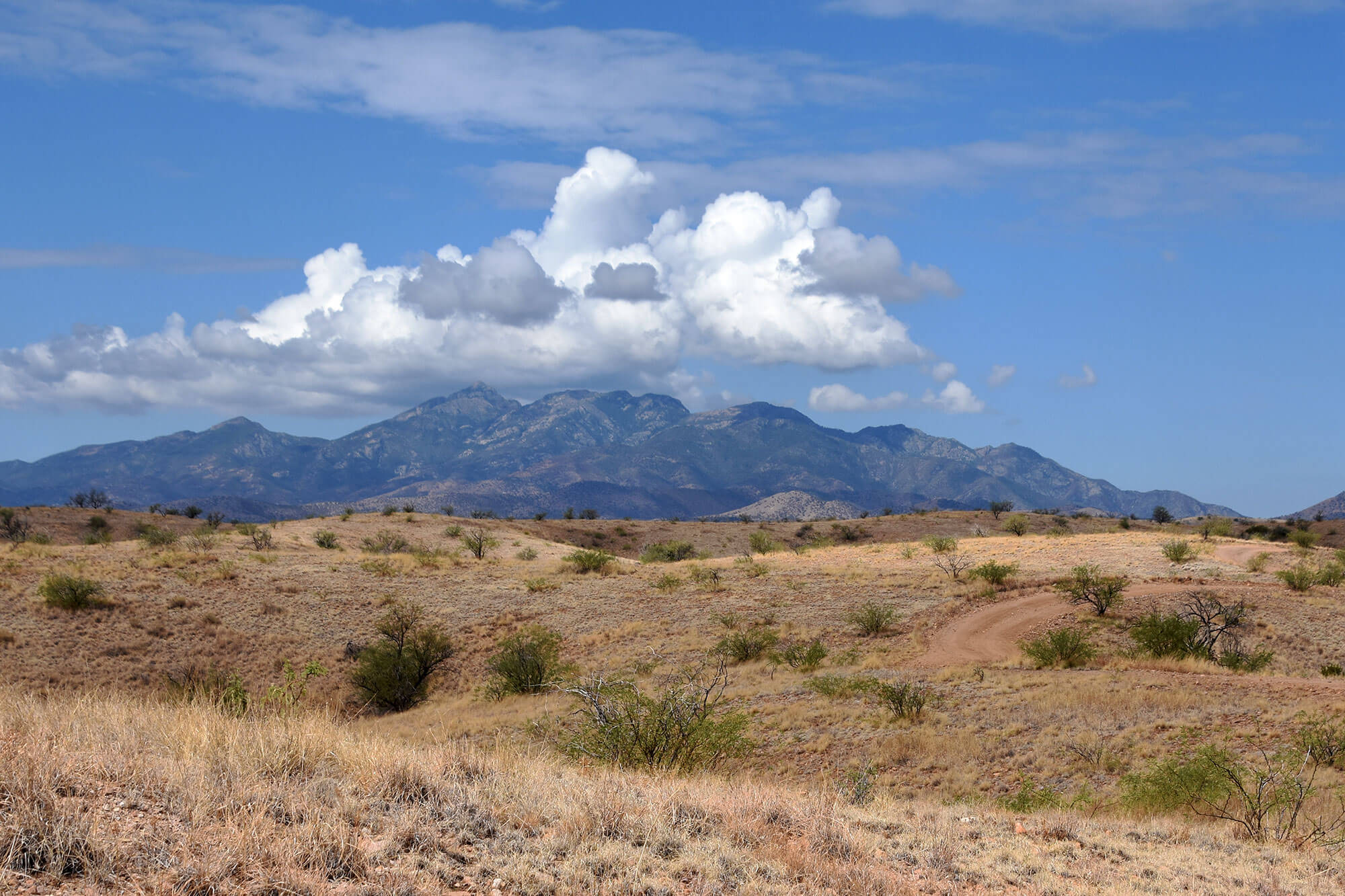Special Recreation Permits

Permits are generally not required to visit the Las Cienegas National Conservation Area. However, commercial, competitive, and large organized group events require a Special Recreation Permit. Permits are generally required if the group number is over 29, or if the activity needs BLM oversight or will have an impact to public lands and people. Below is the general pre-application interview checklist to use Public Lands (BLM):
- Are you charging a fee?
- Do you expect to make money on the event or is the fee to cover expenses?
- Will there be a competition?
- Will you advertise?
- How many people do you expect to attend?
- Are you an organized group?
If you answered “yes” to any of these questions, you may need a permit from the BLM. Please review BLM’s Special Recreation Permits web page and contact BLM/Tucson Field Office, (520) 258-7200.
Commercial use is defined as recreational use of the public lands and related waters for business or financial gain. The activity, service, or use is commercial if any person, group or organization makes or attempts to make a profit, receive money, amortize equipment, or obtain goods or services, as compensation from participants in recreational activities occurring on public lands led, sponsored, or organized by that person, group, or organization. An activity, service, or use is commercial if anyone collects a fee or receives other compensation that is not strictly a sharing of, or exceeds, actual expenses incurred for the purposes of the activity, service or use. Commercial use is also characterized by situations where there is paid public advertising to seek participants or participants pay for a duty of care or an expectation of safety. Profit-making organizations and organizations seeking to make a profit are automatically classified as commercial, even if that part of their activity covered by the permit is not profit-making or the business as a whole is not profitable. Use of the public lands by scientific, educational, and therapeutic institutions or non-profit organizations is commercial and subject to a permit requirement when it meets any of the threshold criteria above. The non-profit status of any group or organization does not alone determine that an event or activity arranged by such a group or organization is noncommercial.
Financial Gain occurs when an individual or entity receives or attempts to receive money, donations, gratuities, or gifts, amortizes equipment, or barters for goods or services. Competitive Use means any organized, sanctioned, or structured use, event, or activity on public land in which two or more contestants compete and any of the following elements apply: (1) Participants register, enter, or complete an application for the event; or (2) A predetermined course or area is designated. It also means one or more individuals contesting an established record such as speed or endurance.
Organized Group Activity or Event means a structured, ordered, consolidated, or scheduled event on, or occupation of, public lands for the purpose of recreational use that is not commercial or competitive, and which BLM has determined needs a special recreation permit based on planning decisions, resource concerns, potential user conflicts, or public health and safety. Vending means selling or renting recreation related goods or services such as firewood, equipment repair, shuttles, rentals, etc. on the public lands or related waters.
SRP applications are accepted 180 days to one year prior to the proposed use, unless waived by the Authorized Officer. The fees are: $100 non-refundable per SRP, and 3% of gross receipts (if commercial), and $5 per participant if a competitive or organized group event.
All commercial and competitive applicants for SRPs, except vendors, must obtain a property damage, personal injury, and public liability insurance policy that BLM judges sufficient to protect the public and United States. The policy must name the U.S. Department of the Interior, Bureau of Land Management as additionally insured and stipulate that the permittee or the insurer will notify BLM 30 days in advance of termination or modification of the policy. BLM may also require vendors, and other applicants, such as organized groups, to obtain and submit such a policy.
Special Recreation Permits (SRP) are handled through the BLM/Tucson Field Office which has jurisdiction for this area. For specific questions about group activities, permits or general land use, contact the BLM Tucson Field Office, 520-258-7200.
